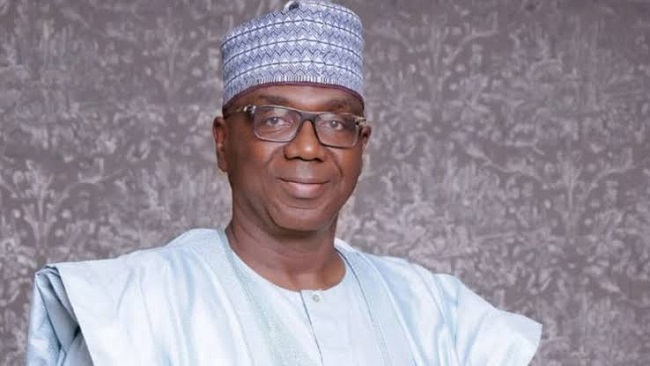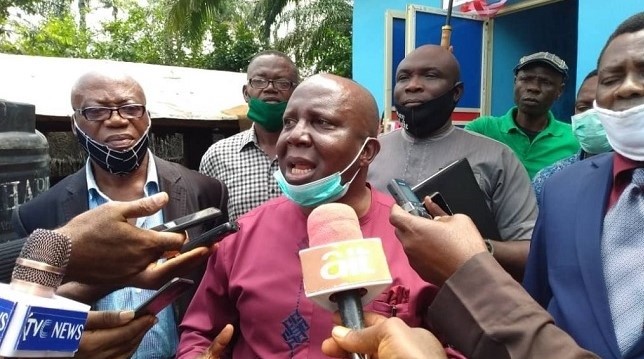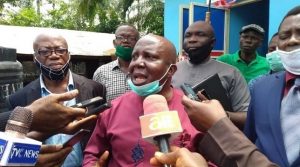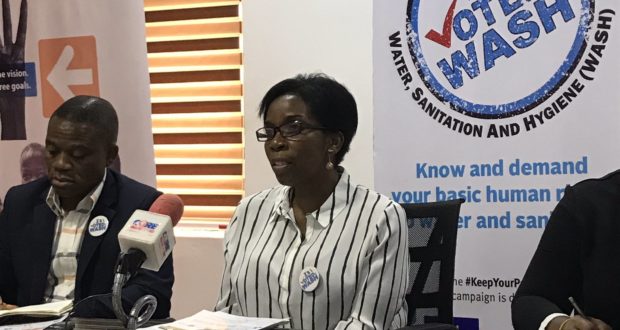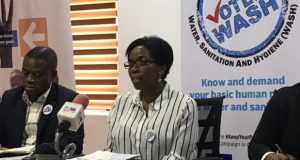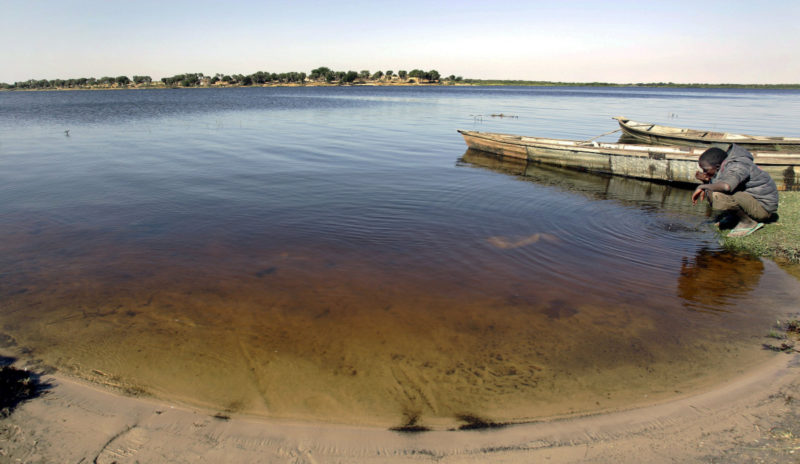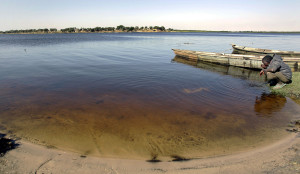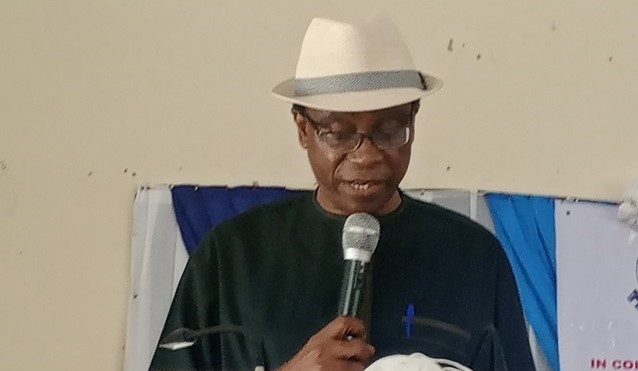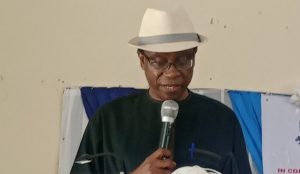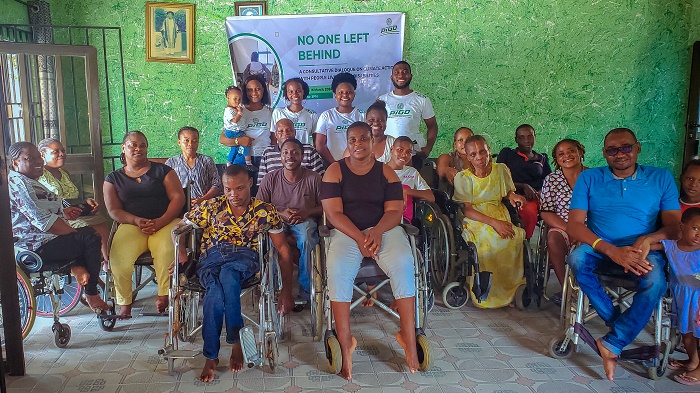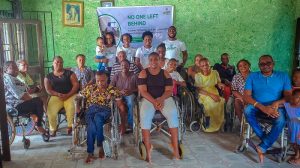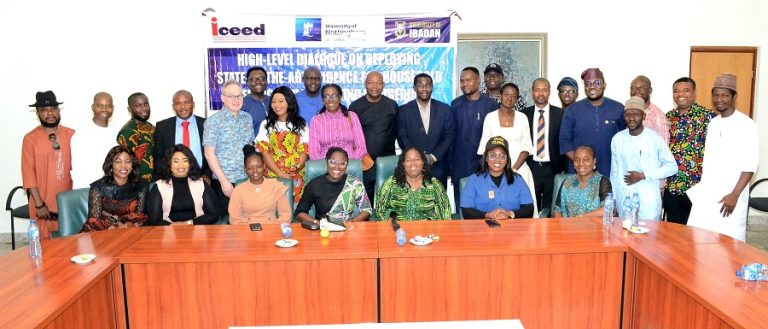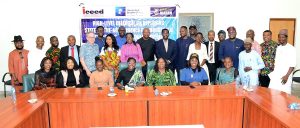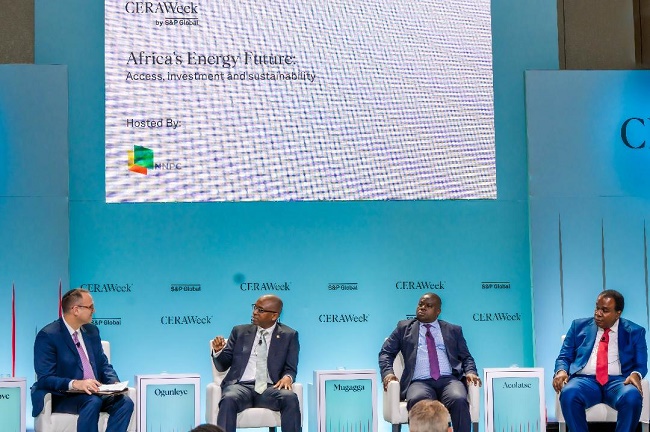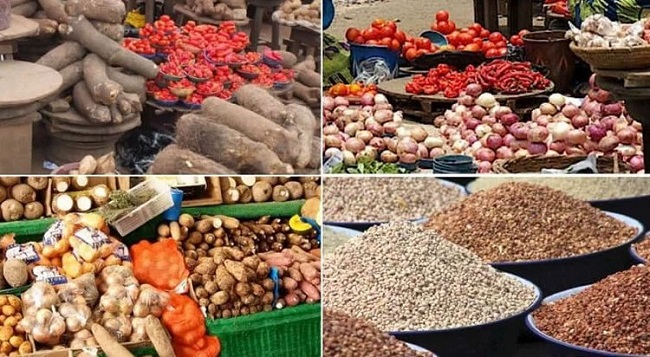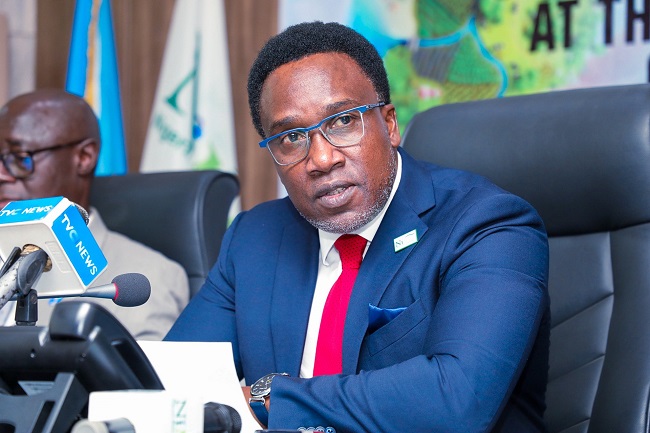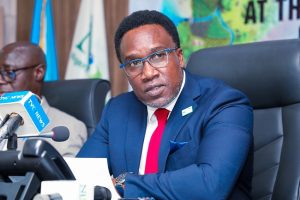The Kwara State Government on Friday, March 22, 2024, in Ilorin said it was in need of collaboration with individuals and corporate organisations to end illegal felling of trees in the state.
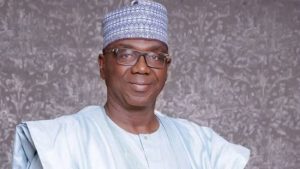
The State Governor, Malam AbdulRahman AbdulRazaq, made the call during the beautification of the Flower Garden Area in Ilorin to commemorate the International Day of Forests.
“As the world celebrates this year’s International Day of Forests, the battle against deforestation requires new ideas, collaborations, and the support of everyone,” he said.
Abdulrazaq, who is also the Chairman of Nigeria Governors’ Forum (NGF) and was represented by his Deputy, Mr Kayode Alabi, said innovations and technology have revolutionised forest monitoring.
He said this had enabled countries to track and report on their forests more effectively, and guide against all harmful practices, such as deforestation.
“A total of 13.7 billion tons of carbon-dioxide forest emission reductions have been reported to the United Nations Framework Convention on Climate Change (UNFCCC) through transparent and innovative forest monitoring.
“While 10 million hectares is lost annually due to deforestation and approximately 70 million hectares is affected by fire, there is need for innovations for early warning systems, sustainable commodity production, empowering indigenous people through land mapping and climate finance access,” AbdulRazaq added.
He noted that protecting forests helps to mitigate some of the human health-related effects of climate change, by acting as carbon sinks that regulate the planet temperature and water flows.
AbdulRazaq added that over 1.6 billion people depend on forests for food, fuel, forest industries and to provide a wide range of products, such as lumber, paper, pulp and bioenergy.
The governor therefore called on everyone to imbibe the culture of tree-planting, nurturing, and conservation for a better environment.
Also speaking, Malam Shehu Ndanusa, the Kwara Commissioner for Environment, described forests as the powerhouse of the ecosystem, as their importance extends beyond timbers.
“They are fundamental to the continued existence of human beings.”
Ndanusa said further that forests were among the world’s most productive, renewable and natural resources which provide many paths to sustainable development.
Mr Babatunde Mahmoud, the state’s Director of Forestry, said technology had proved to be a game-changer, as satellite data and drone imagery would revolutionise the way to track and monitor deforestation.
Mahmoud noted that agro forestry and green buildings were part of innovations in tackling challenges of climate change in the society.
The event was wrapped up with tree-planting by the representative of the Governor and other dignitaries present.
By Mujidat Oyewole

